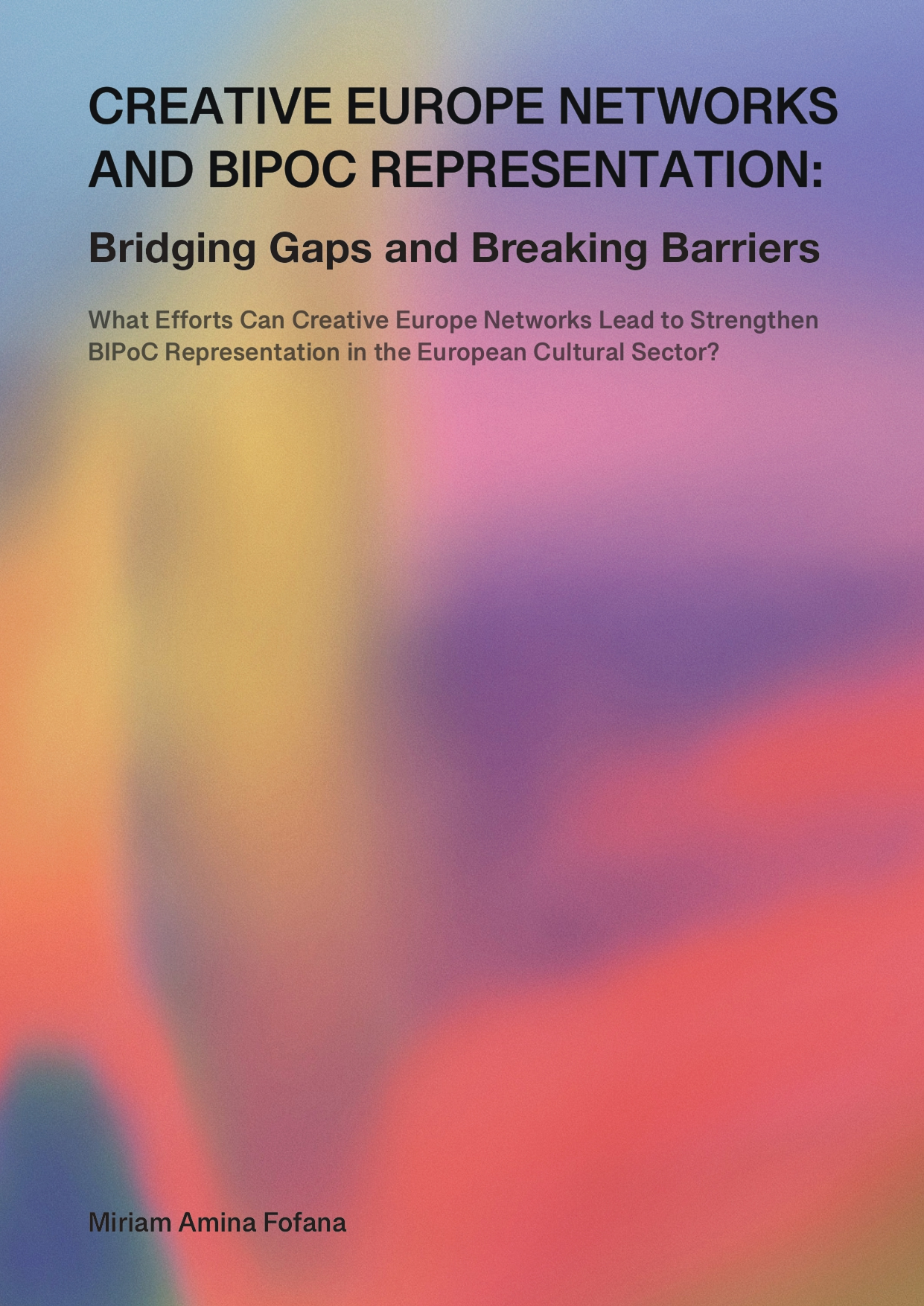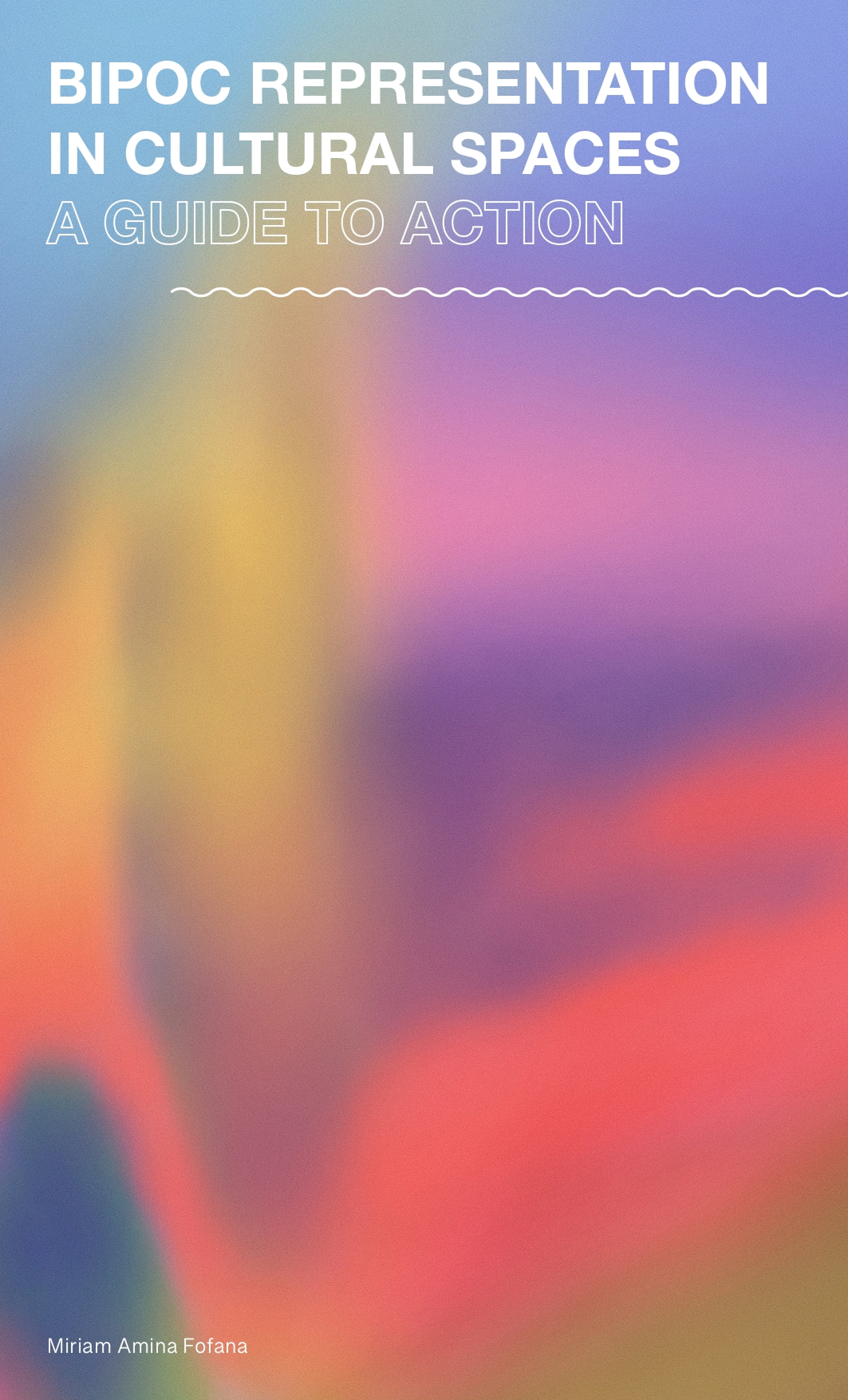How can the cultural sector be more welcoming and representative for BIPoC communities? And what role can Creative Europe networks, that bring together European cultural players and defend their interests in front of the European institutions, play in this endeavour? This study highlights the disparity between the cultural sector’s diverse self-awareness and the current reality, which exposes a glaring lack of BIPoC communities, both on stage and behind the scenes.
“Through the question of who represents whom, we negotiate the way we live together in societies that are subject to a growing diversity. Today, the unreserved expression of one’s own identity through creative means continues to be a privilege stemming from a position of power that is often not granted to racialised artists. Moreover, representation should not only be applied to artistic processes, but more globally to the expression of ideas.”

© Lina Etzkorn
Two versions of this work are available:
- Creative Europe Networks and BIPoC Representation: Bridging Gaps and Breaking Barriers:, is an in depth-report that examines how Creative Europe networks can develop strategies to strengthen BIPoC representation in the European cultural sector. It is based on research carried out among networks, independent actors defending the representation of bipoc communities and the European institutions.
- The shorter one entitled BIPoC Representation in Cultural Spaces: A Guide to Action provides a historical understanding of the lacking BIPoC representation in European culture, analyses key concepts such as diversity and representation, and explains how cultural players can take advantage of them to create more representative environments.
Published on April 2nd, 2025
About the author:
Miriam Amina Fofana (1999, Düsseldorf) is a cultural worker with roots both in Germany and the Ivory Coast. She studied political sciences and cultural studies in the Netherlands and France and has evolved in the cultural sector, gathering experiences in the visual arts as well as the music and literary sector. A key focus of her work is the representation of otherness, particularly from a Sub-Saharan African, post-colonial perspective, within the contemporary European cultural sector. She lives and works in Brussels.

